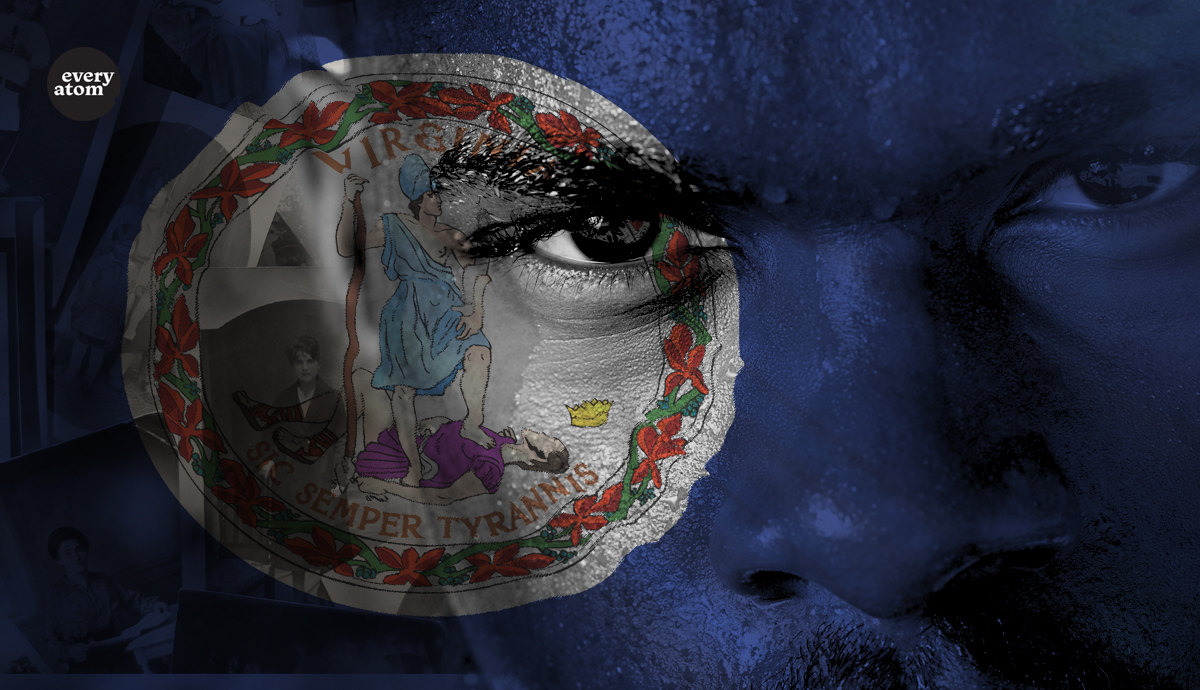Every Atom | No. 52
Introduction to Every Atom by project curator Brian Clements
In his introduction to this series of reflections on Whitman, Brian Clements includes a quote from Pablo Neruda: “After Walt Whitman, who could even think about writing poetry?”
Right. Agreed. That is the question. My question. Who could? Certainly not me, the not-poet, the one in awe of poets, often confounded and intimidated by poetry, sometimes left puzzling over a stanza’s meaning long after setting a piece aside. But Whitman would tell me not to set that piece aside—not it or any other. He beckons me down the path. “Come walk with me,” he is saying. “Yes, you. Even you.”
Listen to Whitman’s long lines. Feel the cadence in his lists. Smell the sea breeze. Stroll the lakeside, past the farmhouse, behind the funeral procession, through the dry gulch, into the bedchamber. Tip-toe over an onion patch, float in a hot air balloon, sit on a hospital cot, flee a frigate fire. Glimpse the America of your ancestors. Our ancestors. My ancestors. My Virginia family. The ones who sought to create a society of [white] people, for [white] people, by [white] people. The ones who established a hierarchy of human value based on the color of skin.
To read Whitman is to sup with the runaway slave. Was he a lad or grown man? Whitman doesn’t say, but when that slave recuperated enough to travel north, I cheered him on. At the fence where the hounded slave paused to catch his breath, I leaned so close that his sweat dripped hot down my arm. In the shade of the barroom awning across the street from the auction block, I ached for the quadroon girl, surely dressed that day in a frock meant to fetch a good price. A child of rape, purchased for rape.
When my relatives bequeathed to me our family’s genealogy, they did not speak of the generations upon generations who’d held human beings in bondage. Of violence and degradations, of profits and free labor. No, they spoke of freedom and the belief that all are created equal. They did not tell me how our country, after the institution of slavery was finally abolished, replaced it with a system of reservations and privatized prisons—capitalism, yes, capitalism. And when I learned the facts, I cried.
Whitman puts America’s ordinariness as well as our arrogance on display, our truths as well as our shame. He lures us in, inviting a response, an engagement, a reckoning. “Open your eyes,” he says. “Even you. And do not look away.”
Recommended
Nor’easter
Post-Op Appointment With My Father
Cedar Valley Youth Poet Laureate | Fall 2024 Workshop







